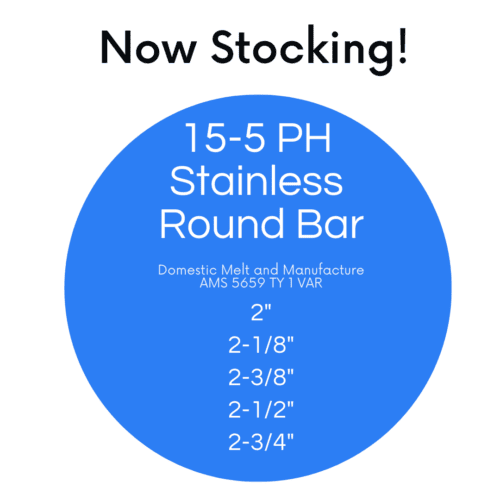4140 vs. 4340 Steel Alloy
Steel is available in many variations, each of which exhibits a unique combination of characteristics that make it suitable for different applications. Two of the most commonly used grades of steel are 4140 and 4340. Below, we highlight each material’s chemical composition, properties, and applications to help readers understand when to use them in their projects.
Chemical Composition of 4340 vs. 4140 Steel
While both 4340 and 4140 are steel alloys, they have slightly different makeups. See the table below for further details.
4340 steel and 4140 steel have equal traces of sulfur, phosphorus, and silicon. They also have approximately the same amount of molybdenum (at 0.20–0.30 for 4340 steel and 0.15–0.25 for 4140 steel) and manganese (at 0.60–0.80 for 4340 steel and 0.75–1.00 for 4140 steel). However, 4340 has more carbon, while 4140 has more chromium. One of the most significant differences between the two metals is the inclusion of nickel in 4340 steel, which accounts for the metal’s greater strength and fracture toughness.
Properties of 4340 vs. 4140 Steel
Due to their difference in chemical composition, 4340 and 4140 have some similar and some different properties.
4340
4340 steel is known for its strength and toughness. These characteristics come from the fine and equal dispersion of carbides within its structures. Other key features include:
- Fatigue and wear resistance
- Atmospheric corrosion resistance
- Formability, machinability, and heat treatability
4140
Similar to 4340, 4140 steel is highly strong, which is a result of its chromium and molybdenum content. However, since it does not contain nickel, it less hard and more susceptible to fracturing. Other key properties include:
- Corrosion resistance
- Machinability
- Ductility
Applications of 4340 vs. 4140 Steel
Given their unique characteristics, these two steel alloys are often used for separate purposes.
4340
4340 steel is used in a wide range of applications across various industries, including aerospace, automotive, and tooling. Typical uses include:
- Automotive systems
- Blades
- Crankshafts
- Fasteners
- Heavy machinery
- Military aircraft
- Rotor shafts
- Tools
- Transmission components
- Turbine shafts
4140 Annealed
4140 steel is also employed in many industries, including aerospace, agriculture, automotive, defense, and oil and gas. Typical uses include:
- Collars
- Fixtures
- Gears
- Jigs
- Shafts
- Spindles
4140 Cold Finished Annealed Steel From Bergsen Metals
Both 4140 and 4340 steel offer numerous advantageous characteristics that make them suitable for use in industrial and commercial applications. Understanding the differences between them will help you choose the one that is best suited for your needs.
Looking for a supplier of 4140 steel for your next project? Bergsen Metals is here to help! We offer 4140 cold finished annealed steel. Its toughness, fatigue and torsional strength, and abrasion and impact resistance, making it ideal for demanding applications.
By working with an extensive network of reliable mills, processors, and material suppliers, we can supply our customers with high-quality steel products. For additional information about our 4140 steel offerings, contact us today. To discuss pricing details, request a quote.





